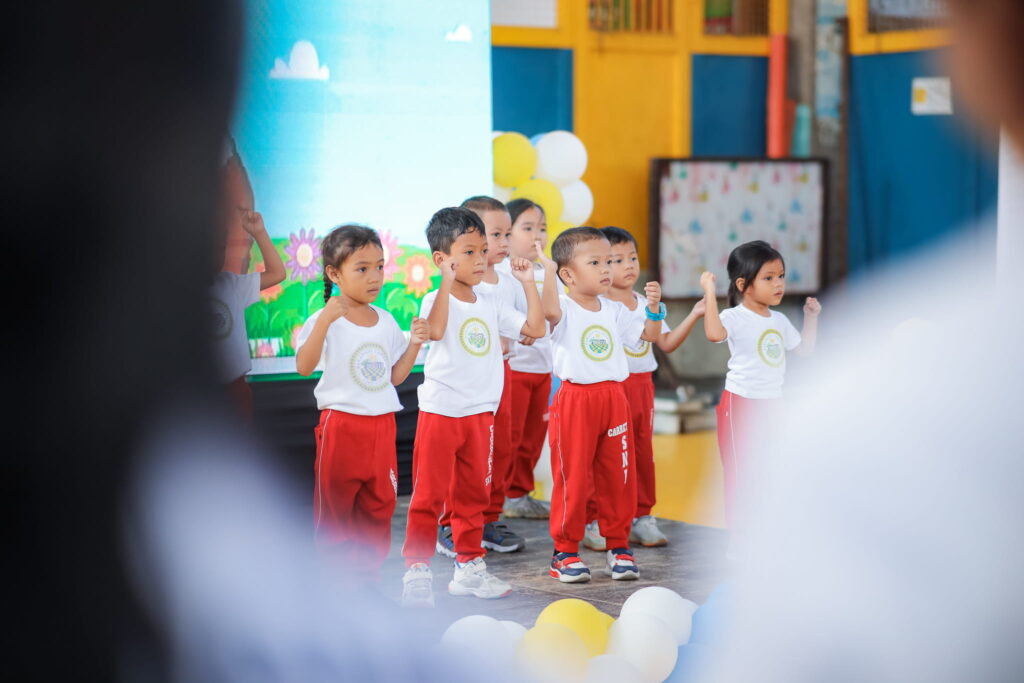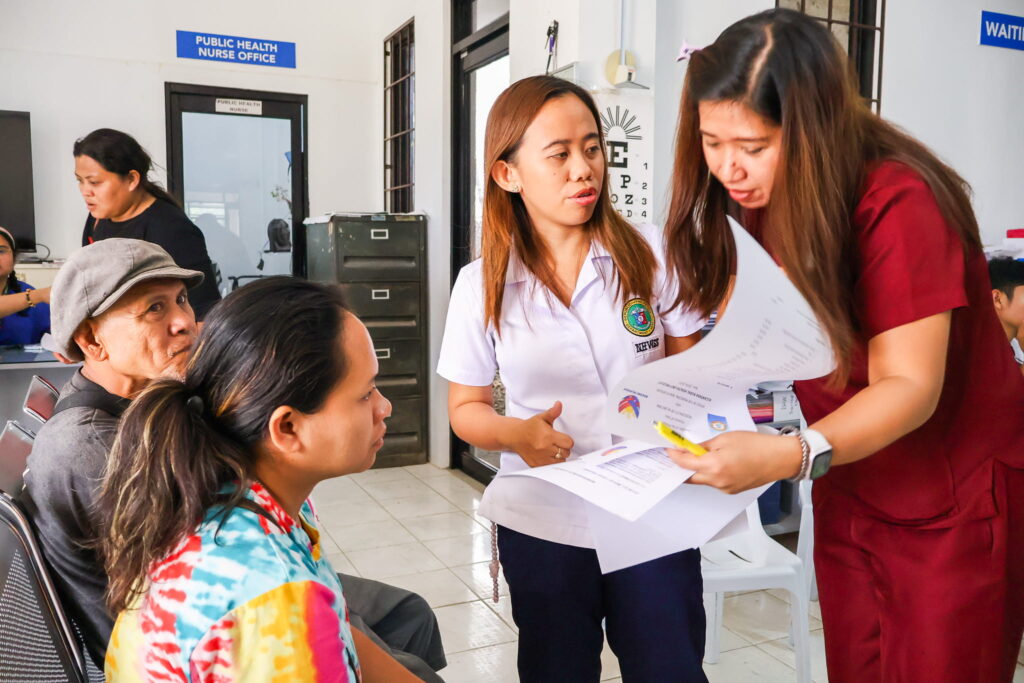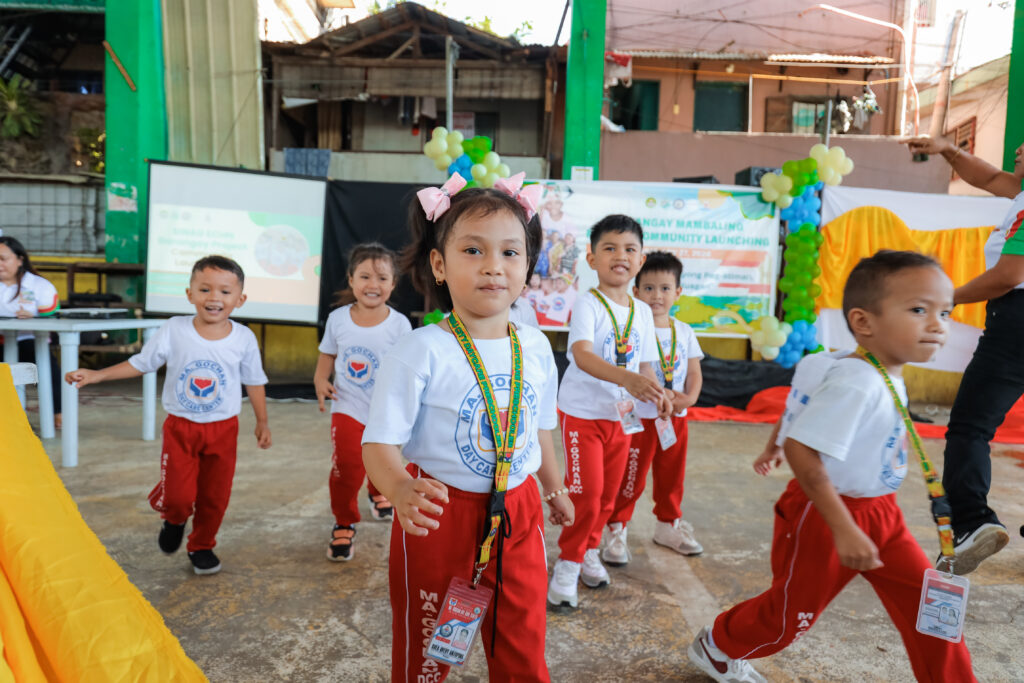
Ronald Delos Reyes’s role today as the Eduardo J. Aboitiz Cancer Center (EJACC) Program Manager is a far cry from where he believed his degree in psychology would take him. “I wanted to work as intelligence for the police; I thought it would be thrilling,” he said.
While his work at RAFI is not as risky as that of an undercover cop, Ronald still finds the work to be intense. “The work in EJACC can become very stressful. It sometimes feels as if the problems of others become your problems as well. You are constantly thinking about life and death and the physical well-being of our patients,” he shared. Despite all this, Ronald chooses to work with empathy and compassion while finding meaning in being able to work while helping others.
His passion for service began in college when he volunteered for the community outreach program through the Psychology Department of the University of San Jose Recoletos. He was assigned to Brgy. Gaas, Balamban, Cebu where he assisted with youth programs, skills training programs, and counseling.
But even before his exposure to community service, Ronald felt that he was predisposed to helping others. As a beneficiary for the Christian Children’s Fund, he was supported by an American sponsor throughout elementary and high school. “I received school supplies, clothes, and financial assistance with my school fees. I felt lucky to be supported by someone who I didn’t even know. I knew one day I wanted to give back in my own way.”
EJACC offers financial assistance for diagnostic procedures and treatments for patients diagnosed with stage 2 cancer and below. He believes the most important part of the program is the psychosocial support provided to the patients.
“For many patients, cancer can feel like a death sentence. There is treatment but no cure. When we provide psychosocial support to patients, it’s to help them achieve a sense of normalcy after their life has been disrupted. When there’s someone outside the patient’s immediate family or circle of friends who expresses concern about their health, they are more likely to monitor their condition after initial treatment, and hopefully increase their chances of survival,” he explained.
For Ronald, his work goes above and beyond what is offered by the program. He shared an experience where he couldn’t sleep thinking about a cancer patient who lived in extreme poverty. Having visited the patient at home, he worried about if they would be able to access follow-up treatments or eat nutritious food to support their recovery. He purchased a simple keypad mobile phone and dropped it off at the patient’s home so that the patient call in case of an emergency.
Ronald’s eyes continue to light up as he recounts success stories of cancer survivors with whom he communicates regularly. Similarly, his voice is shrouded in sadness as he shares stories of those patients who have passed. His passion and concern for the patients he helps is apparent. When asked who his role model is, he remembers Bobby Aboitiz, who he remembers as being truly concerned about the community and always looking for a way to help.
After devoting several years to the organization and the program’s beneficiaries, Ronald is now considering early retirement to spend more time with his family. Although he is retiring, he still has many plans on how he can continue to give back to the community. He wants to make sure that his children understand the importance of community service.
Before he leaves RAFI, he’ll be busy visiting cancer survivors to ensure they have enough of their maintenance medicine to last for the remainder of the year. And, more than likely, he’ll continue to check on the patients with whom he’s built relationships with over the years.
For Ronald, “Nothing is as valuable as the positive energy that comes from knowing that you make an impact on people’s lives.”


